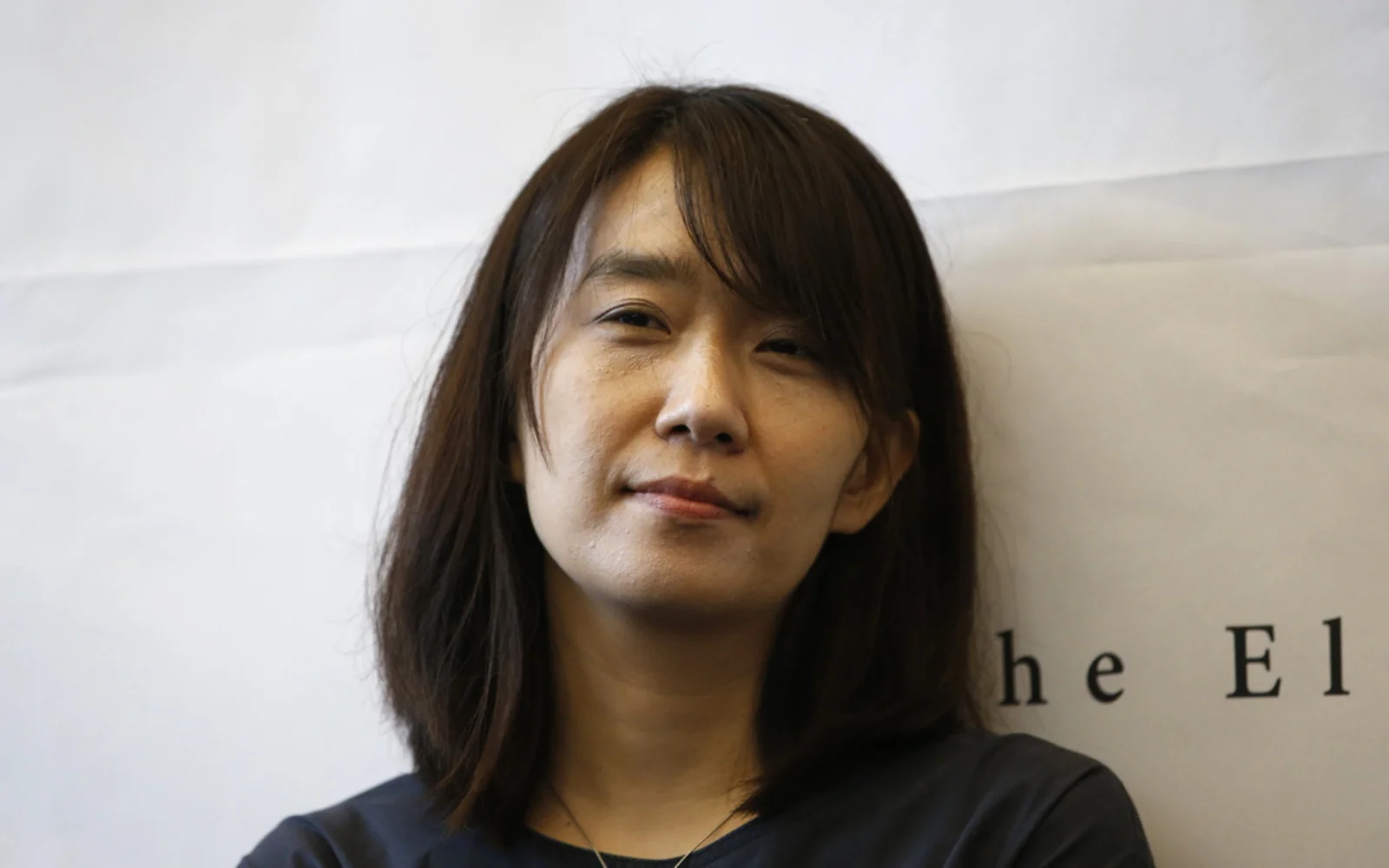Korean Nobel Prize winner Han Kang’s latest novel, “We Do Not Part,” was translated into English and released on Jan. 21, 2025. Originally published in 2021, the book was translated by E. Yaewon and Paige Aniyah Morris. This work of literary fiction focuses on exploring the unspoken, dark history of Korea’s past.
The novel follows Kyungha, a writer, who leaves Seoul to visit her friend Inseon in Jeju. After Inseon injures herself, Kyungha is burdened with the responsibility of taking care of her friend’s bird, Ama. As the narrative unfolds, Kyungha learns about the horror of the Jeju Massacre and the generational trauma that emerged between 1948 and 1949.
Despite its reputation as a peaceful destination, Jeju Island has a complicated history, surrounding the tragic event of the Jeju Massacre. The Jeju Massacre was an uprising on Jeju Island in South Korea, marked by its violent repression. The residents of Jeju were protesting the election, which the Korean government at the time suppressed, leading to a massacre. The massacre resulted in the death of an estimated 14,000 to 30,000 people, which historians believe was the start of the Korean war.
The writing is beautiful and well crafted, making the novel worth reading. The novel is split into three parts: Bird, Night and Flame. Han is a master at creating vivid imagery. She’s able to transport the reader back in time to experience the evolution of Korea and feel what it’s like to be Kyungha, discovering Inseon’s family’s generational pain.
The narrative’s form allows the book to blur the present with the past, as well as reality and dreams. Han uses italics to break the linear story structure model and to give Inseon’s apparition a chance to narrate her dark past with her friend. The novel uses poetic language and imagery, helping readers better place themselves into the shoes of the characters, and understand the emotional weight of uncovering past trauma. The book uses fiction and fact to uncover a Korean dark past that is unspoken.
Through this book, the reader gets to learn more about Korean history and culture. It’s through Inseon’s apparition that Kyungha — and the reader — grasp the layered horror of the Jeju Massacre. Even though Inseon didn’t directly experience the massacre, the trauma from the event is passed down to her. This book explores themes of generational trauma, slowly unpacking Inseon’s family trauma. A major symbol of the novel is snow, which is used as a metaphor to evoke loss and mortality.
Verdict: A classic in the making, this book proves Han Kang is a worthy winner of the Nobel Prize.




